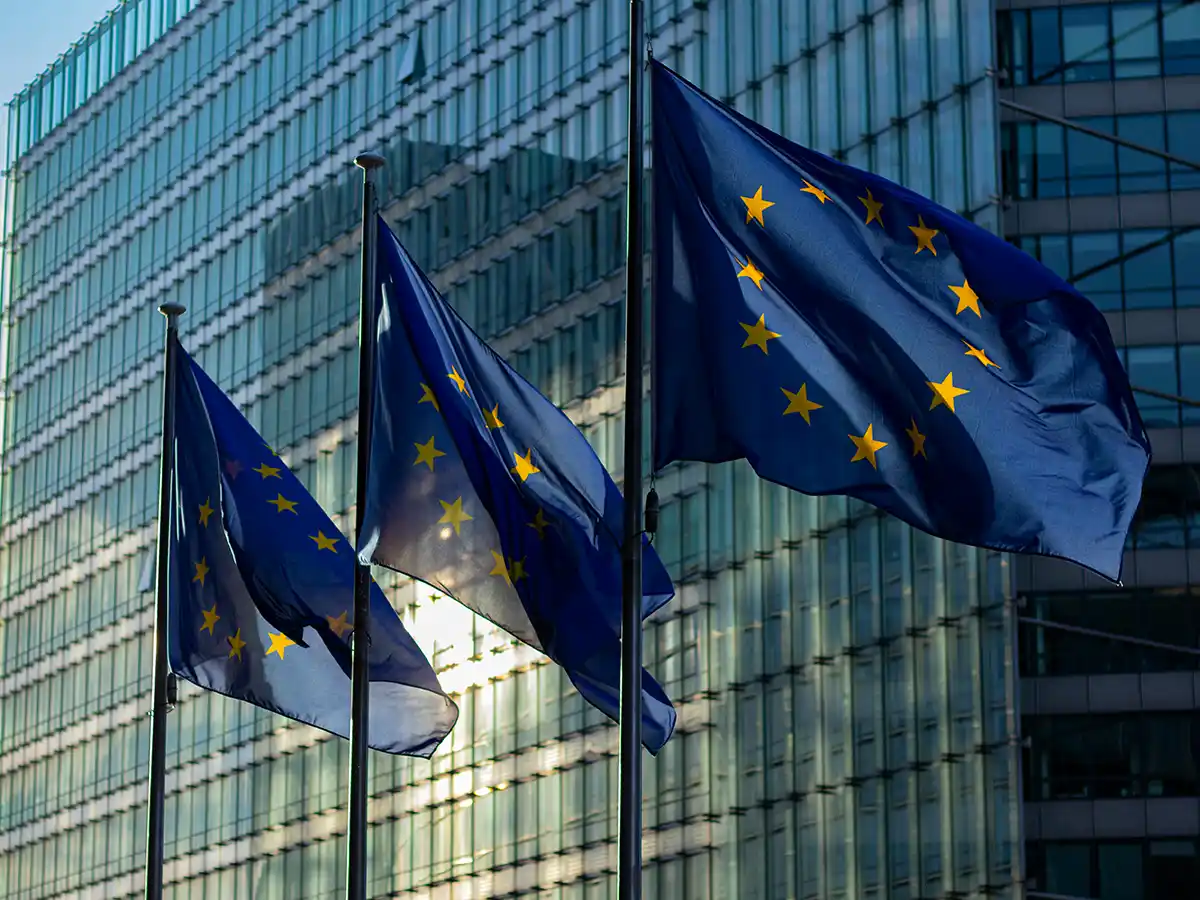
Features of the new VAT in The Digital Age proposal
The European Commission submitted the long-awaited VAT in The Digital Age proposal package on 8 December 2022. Once it is adopted by the Council, it will be the most significant improvement since the introduction of the common VAT system. In our present newsletter, we will be highlighting the most important measures proposed.
As title suggests, the current common VAT system does not follow the massive development of IT technologies. E-commerce is thriving with online platforms playing principal role in conducting supplies. Modern IT tools may support administrative simplifications and be helpful to fight VAT fraud, however the legal framework of such improvements is still missing.
Standardized e-invoicing and real-time digital reporting for intra-Community supplies
The first part of the three-pillar proposal is the introduction of a common e-invoicing and real-time invoice data reporting liability for intra-Community B2B transactions. Parallel with the new, uniform real time digital reporting, the current VIES system would be abolished, giving way to a transactional level database. However, that new ‘central VIES’ would only be accessible to authorized officials. The objective of the ‘central VIES’ is to enable authorities to track cross-border invoicing and identify potential fraudsters at an early stage before the party causing VAT shortage ‘disappears’. However, suppliers would be required to issue the invoices under the new scheme within two calendar days after the goods or services are supplied. The common real-time digital reporting is set to take effect as from 1 January 2028, but the current VIES system would be retained until 2030. Member States that already implemented e-invoicing system should converge with the common reporting scheme by 2028.
Taxation of platforms
The second pillar of the proposal is the extension of the deemed supplier provision to the wider range of online platforms. As from 1 July 2021, platforms facilitating intra-Community distance sales of goods or distance sales of imported goods, are deemed to act as an intermediary operator of a chain transaction. In case of the proposal’s adoption, from 1 January 2025, the deemed supplier rule would also be applicable to online platforms facilitating the supply of short-term accommodation rental or passenger transport services where the underlying supplier does not charge VAT (because, for example, makes use of the special scheme for small enterprises). In cases where the online platform would be held liable for VAT, the deemed ‘supply’ between the underlying supplier and the platform would be VAT exempt, whereas the platform would collect the VAT from the guest or the passenger and remit to the treasury of the Member State where the supply takes place. The OSS would also be available for this purpose. No doubt, the approach of the legislator is to address distortions of competition encountered by ordinary hotels and taxi companies providing their services for fee including VAT. The new regulations would unequivocally state that the rental of an immovable property up to a period of 45 days would qualify as accommodation service, as well as platforms facilitating accommodation or passenger transport services would not be regarded as provision electronically supplied services. Furthermore, the IOSS is proposed to be made compulsory from 1 January 2025 for platforms facilitating distance sales of imported goods and be available regardless of the intrinsic value of the imported goods. In addition, with respect to the fraudulent practices in using the IOSS identification numbers, the legislator is to grant competence to the tax authorities to identify the person who obtained the IOSS number.
The extension of the OSS
The third pillar of the proposal aims to provide waiver from VAT registration to enterprises established in a single Member State but maintaining stock in another Member State or supply B2C services thereto. As from 2025, suppliers performing intra-Community distance sales of goods, would be allowed to make use of the OSS even if they maintain stock in another Member State. Moreover, the OSS would be applicable to a wider range of cross-border supplies (e.g., B2C installation supplies, supplies of goods on board of a ship, an aircraft or a train in the course of a passenger transport). Furthermore, the EU legislator is to introduce a new title of international reverse charge for the case where a supplier, who is not established in the Member State in which VAT is due, makes supplies of goods to a person who is identified for VAT purposes in that Member State. (This is typically the case of supply from the stock maintained in another Member State.) Through the reverse charge, the VAT liabilities of the supplier would be shifted to the purchaser. Simultaneously, the current call-off-stock simplification would be abolished and be applicable until 31 December 2024.
Despite the long Commission adoption procedure to come with further debates, it is worth preparing for the significant changes.
Should you have any questions on the above, please feel free to contact us.
Krisztián Vadkerti, Partner, vadkerti.krisztián@pkf.hu
Márta Pénzely, Tax Manager, penzely.marta@pkf.hu
Márton Ráskai, Senior tax advisor, raskai-marton@pkf.hu
This newsletter provides only high-level information and insufficient for tax advisory purposes. We reserve the right to change the information and opinions presented thereof, without prior notification. Neither PKF nor its partners and employees are responsible for the completeness and accuracy of the newsletter nor for any damages resulting from actions and inactions established thereon.
PKF Consulting Kft is a member firm of the PKF International Limited family of legally independent firms and does not accept any responsibility or liability for the actions or inactions of any individual member or correspondent firm or firms.
Lépjen kapcsolatba szakembereinkkel!
Az alábbi űrlap segítségével feliratkozhat szakmai hírlevelünkre, így folyamatosan értesítjük az adózás, a könyvelés és a bérszámfejtés területén megjelenő újdonságokról.










